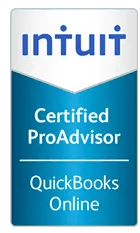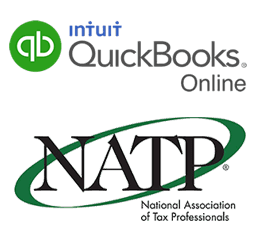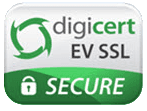Let's Get Connected
Fill out our short questionnaire to see
if we are a good fit!
Our Team
Meet Our Team
WE HAVE THE EXPERIENCE TO TEAM UP WITH YOU!

The financial world grows more complex and specialized each day. Changes to tax laws, software, compliance, and employment laws can have dramatic implications on your business. Our team approach means we’re more on top of and responsive to the issues that affect your business. Because of this, we collaborate with smart professionals to give you the best results.
Erika Polley
Bookkeeping Manager & Advanced QuickBooks Consultant
Amanda Francis
Tax Admin
Recent Blog Articles
©
2001 -
©
2001 -
AdminBooks TM, Inc. All Rights Reserved.
Site created by
Tafgraphics Design Studio, Inc.
Tafgraphics Design Studio, Inc.





















